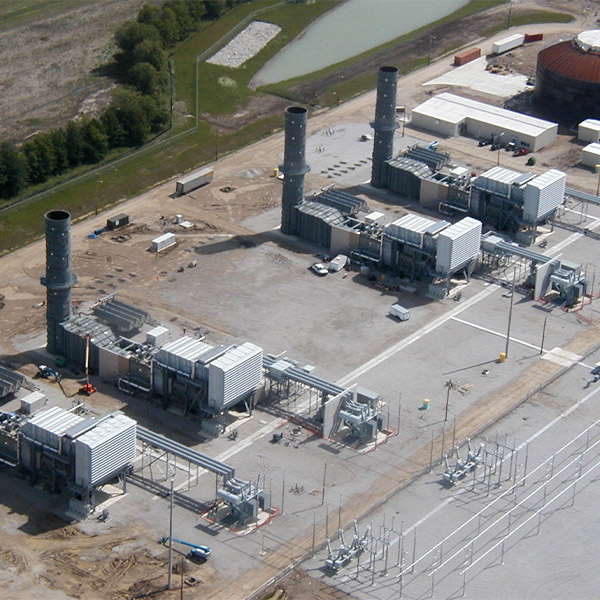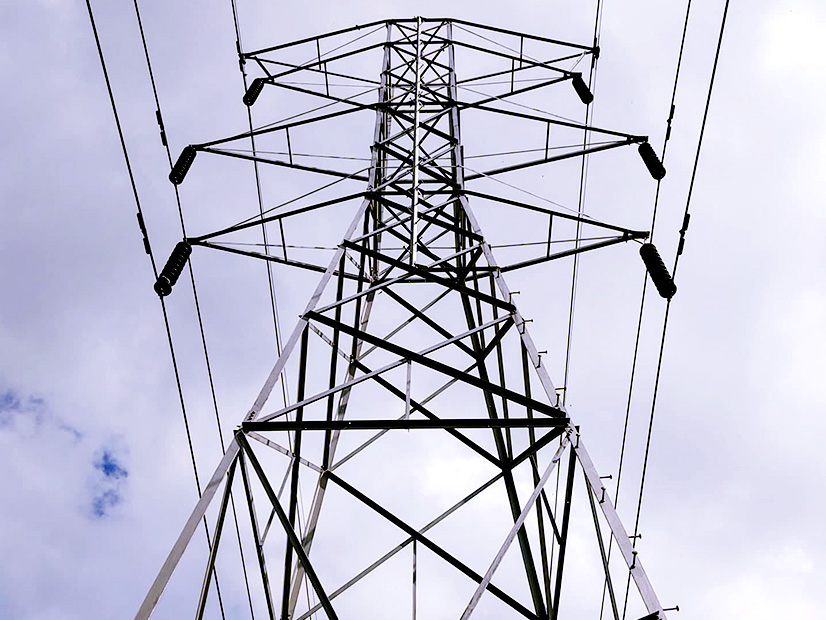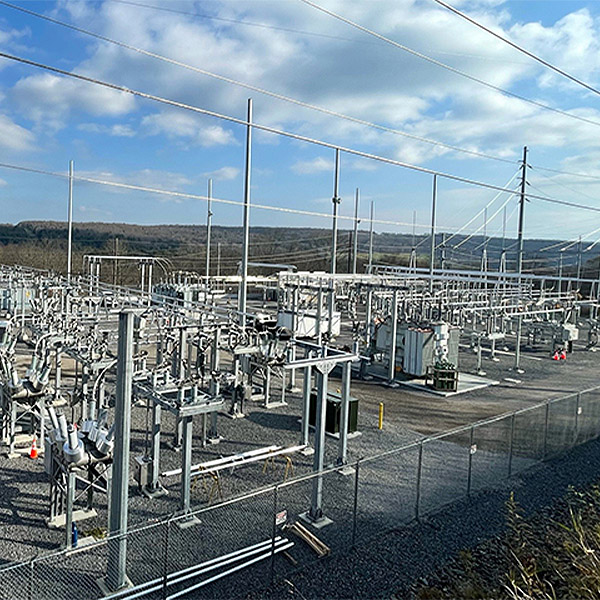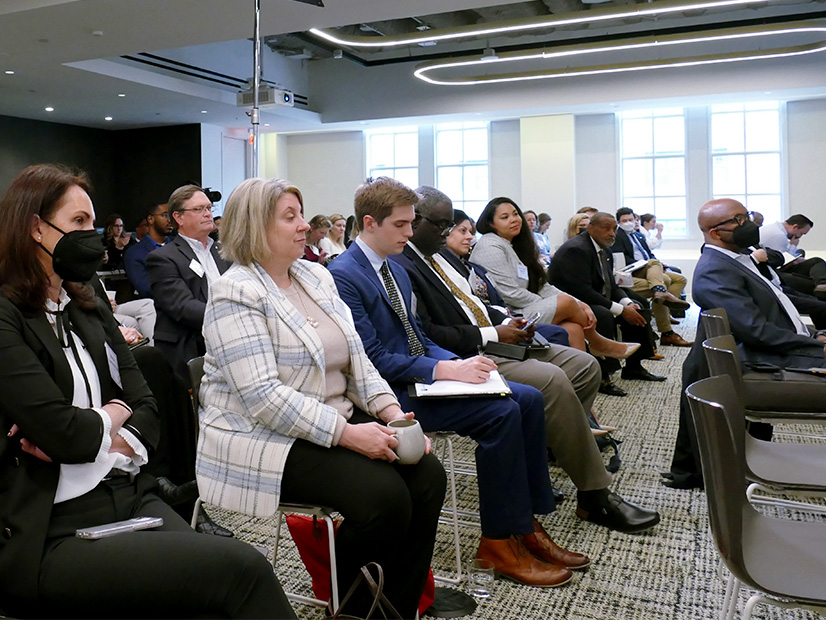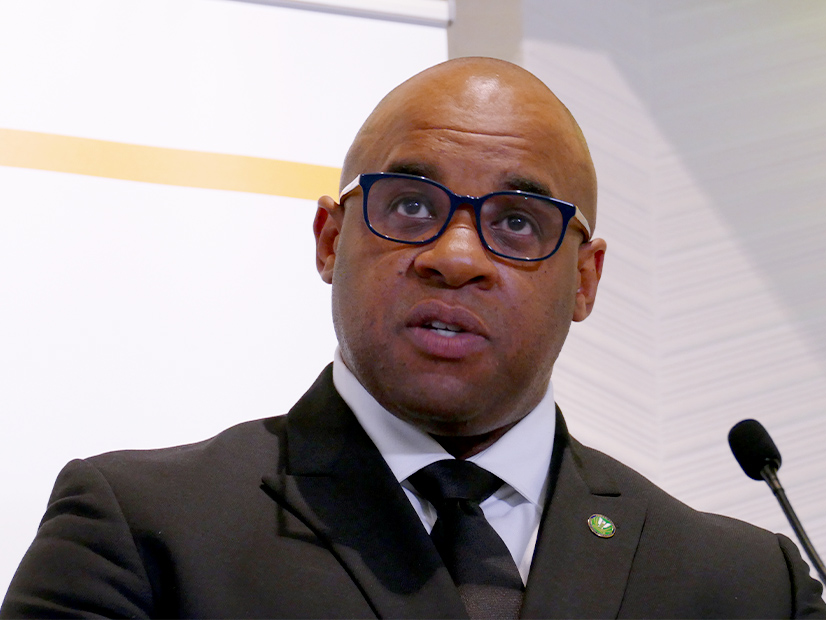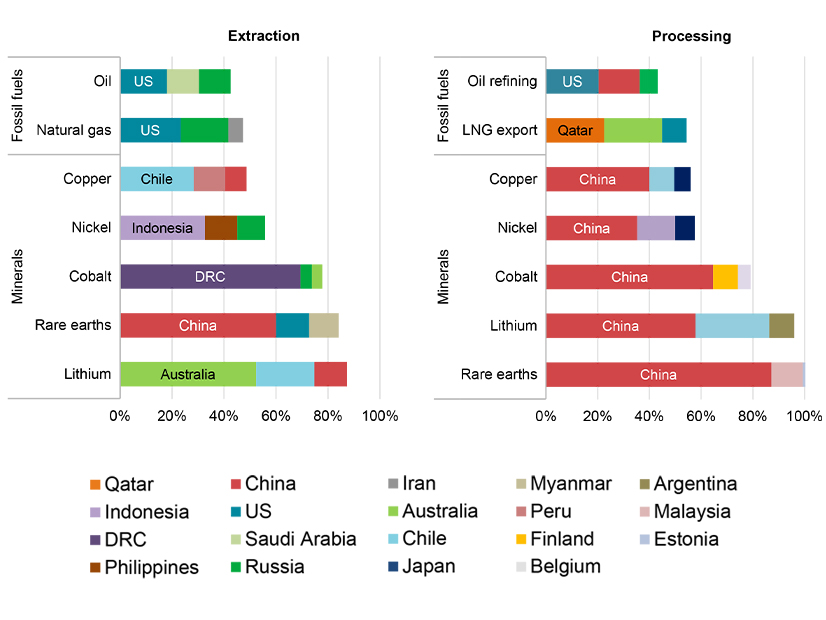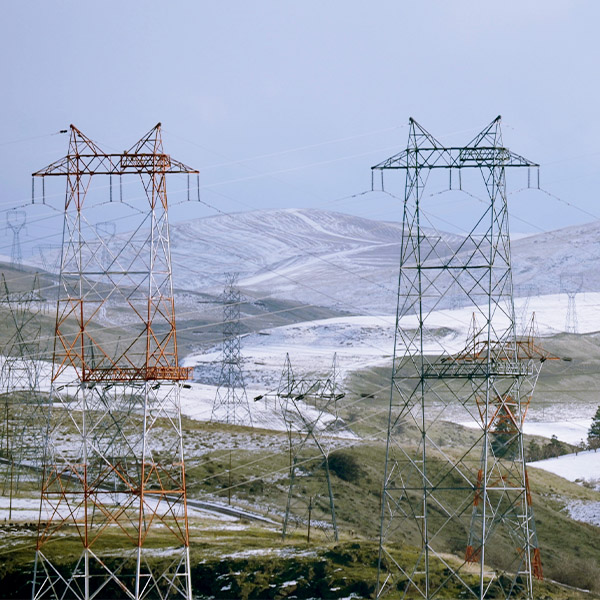FERC & Federal
The Federal Energy Regulatory Commission is an independent regulatory agency that oversees the transmission of electricity, natural gas and oil in interstate commerce, as well as regulating hydroelectric dams and natural gas facilities.
FERC approved an agreement between Dynegy and its Office of Enforcement to settle allegations that the company misrepresented its plants' ramp rates to PJM.
Stakeholders urged PJM to hold its ground on collateral requirements for FTR traders, saying it should offer more support for a proposal that FERC rejected.
FERC rejected a protest by PJM’s Monitor in approving Kestrel’s updated market power analysis, saying its complaints were directed at the RTO’s rules.
FERC upheld its denial of New York transmission owners’ complaint that NYISO’s funding mechanism for transmission upgrades is unjust and unreasonable.
EPA Administrator Michael Regan is confident the electric power sector will continue cutting GHG emissions despite a challenge to the agency’s authority.
FERC officials told the ACORE Policy Forum that RTO transmission planning rules must be revised to support reliability and the flood of renewable generation.
Supply chain challenges and trade and tax legislation were recurrent themes in discussions at the ACORE Policy Forum.
FERC turned down another set of challenges to the Southeast Energy Exchange Market filed by environmental, clean energy and consumer groups.
FERC said that Irradiant Partners, a new renewable energy investment firm, cannot cut corners when applying for qualifying facility statuses.
FERC approved the BPA’s proposed 2022 wholesale power and transmission rates — a formality by the commission that carries little weight under federal law.
Want more? Advanced Search
